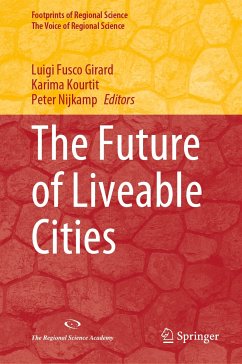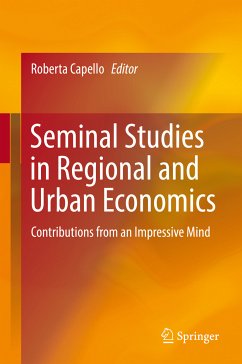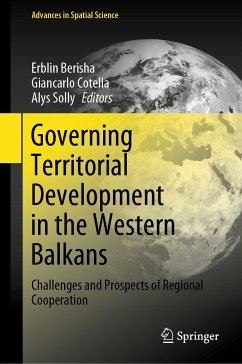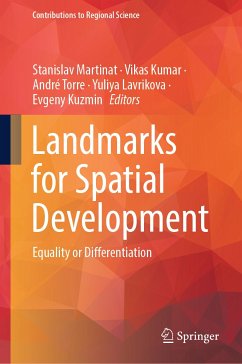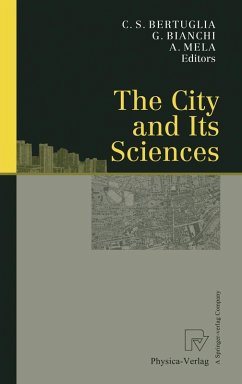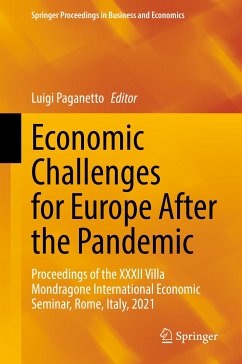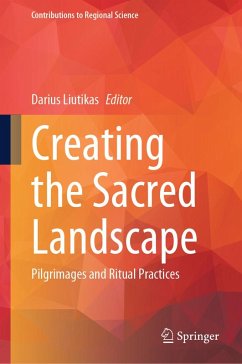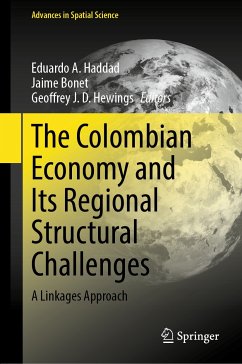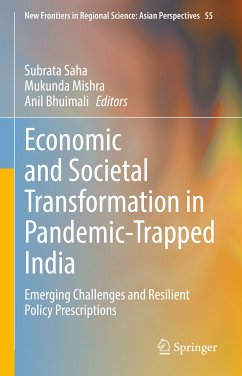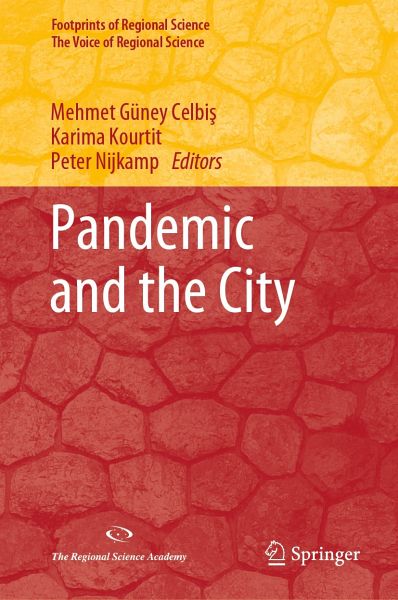
Pandemic and the City (eBook, PDF)
Versandkostenfrei!
Sofort per Download lieferbar
120,95 €
inkl. MwSt.
Weitere Ausgaben:

PAYBACK Punkte
60 °P sammeln!
This book features a collection of novel and original contributions to the study of urban sustainability from a human health perspective in the light of the current corona pandemic and the challenge of cities to offer inclusive, appealing, and healthy infrastructures. Written by experts from various disciplines, this book analyzes the impact of the corona pandemic on contemporary cities, and how these cities respond to the challenges. Featuring also case studies on various cities and regions, it addresses four interconnected research challenges and themes:Cities, cooperation, and resilience in...
This book features a collection of novel and original contributions to the study of urban sustainability from a human health perspective in the light of the current corona pandemic and the challenge of cities to offer inclusive, appealing, and healthy infrastructures. Written by experts from various disciplines, this book analyzes the impact of the corona pandemic on contemporary cities, and how these cities respond to the challenges. Featuring also case studies on various cities and regions, it addresses four interconnected research challenges and themes:
This book will appeal to scholars of regional and spatial science, urban economics, and urban planning and anyone interested in the impact of corona pandemic on city life.
- Cities, cooperation, and resilience in the face of COVID-19
- Comparative approaches on patterns and effects of city and location-specific policies and socioeconomic structures during COVID-19
- The socioeconomic and labor market effects of pandemics on cities and local economies
- The need for new types of data and applications in addressing challenges in analysing the effects of COVID-19on cities
This book will appeal to scholars of regional and spatial science, urban economics, and urban planning and anyone interested in the impact of corona pandemic on city life.
Dieser Download kann aus rechtlichen Gründen nur mit Rechnungsadresse in A, B, BG, CY, CZ, D, DK, EW, E, FIN, F, GR, HR, H, IRL, I, LT, L, LR, M, NL, PL, P, R, S, SLO, SK ausgeliefert werden.



